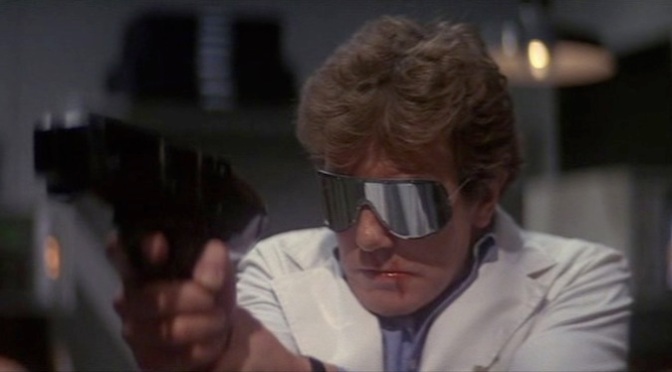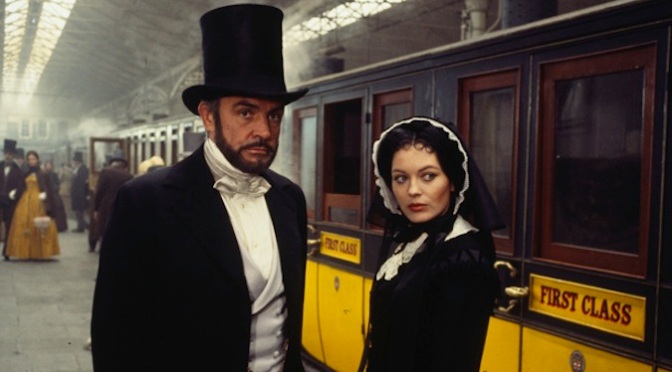1993 is very likely the pinnacle of Crichton-ness: Jurassic Park shot the writer to a level of stardom he’d only grazed with the likes of The Andromeda Strain and Westworld, and filmmakers scoured his existing properties for an opportunity to catapult themselves into Spielberg-level notoriety. This needed to happen fast, before anyone else jumped on a Crichton adaptation, but there were essentially only three of his novels that hadn’t yet been adapted. One was Congo, which featured super-smart gorillas, so that wasn’t much of an option (until it was, years later); second was Sphere, a really weird subterranean “imagination adventure” that couldn’t possibly be adapted (until…well, you know); and the third was Rising Sun, a relatively low-key murder mystery masquerading as a cultural economic diatribe (or is it a diatribe masquerading as a murder mystery?) that seemed to provide a perfect mix of commentary and storytelling. For quick kicks, the choice was an obvious one.
And as tends to happen with projects undertaken for such reasons, Rising Sun sadly marks the downward trend in Crichton adaptations sloping sharply away from Jurassic Park. Probably anything would fail to measure up to Park, but the tale of clashes that is Rising Sun failed thoroughly in every arena (except the box office — it rode Park‘s wave to a pretty good domestic haul). TGSC, baby. TGSC.








